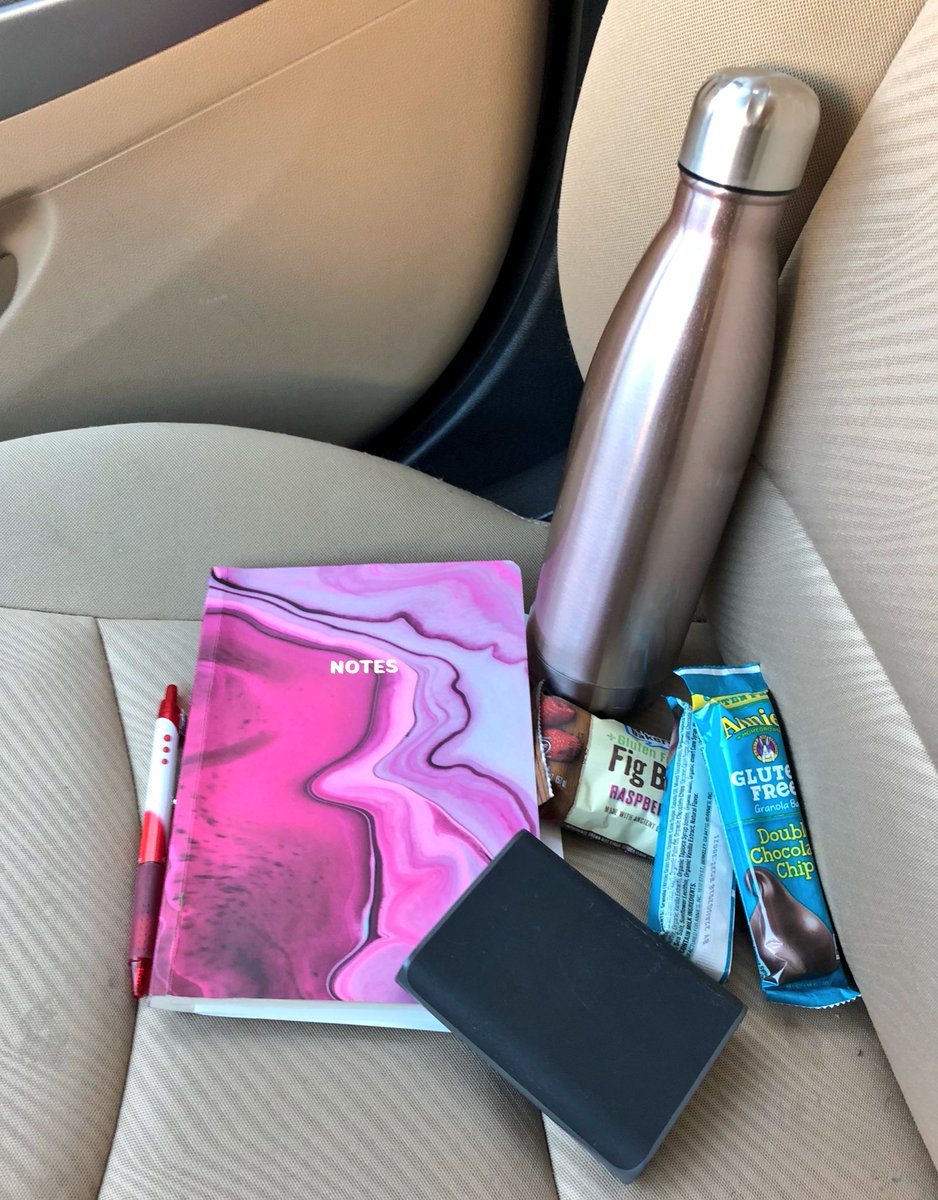“You asked, so how can I say no?” he says, and again holds open his hand./8
With what can a person with no professional gardening experience be trusted? A rake./15
“Three months,” he says./30
“How big was it?” asks Esteban. Mm, maybe ten inches.
“I see one here this big,” he says, and holds his hands fourteen inches apart.
Yes. And my eyeballs feel as though they’ve been rolled in flour. When I blow my nose I get a tissue full of dirt./39
There are plenty of folks who want to do this kind of work here, though./41
Familiarity also breeds perception. “You see the bees?” Esteban asks, and with a stick pokes at a dime-size depression in the dirt. I don’t see anything/45.
One more poke, and a bee wriggles from beneath the ground. Others follow. It’s mesmerizing.../47
“And more today, because it was hot yesterday,” he says. “Is it going to be hot today?”/49
“Maybe in 30 minutes,” says Omar, who’s been sledgehammering cinder block steps back into the sandy soil for an hour. “After lunch, work goes faster.”/50
“I took a bus, from Torreon. Twenty-eight hours to get here.” No problems at the border? “No, no problem.”/53
“Omar!” calls Esteban. “Comida!”
“You have another job?” Omar asks as we walk down the hill, “besides this one?”/55
“José is my wife’s cousin’s son,” he says. “Omar is my wife’s sister’s nephew.”
Filemon is his wife’s cousin’s boyfriend./56
In Tijuana, he slept under bridges or in alleys, and helped an old man shine shoes, five cents a shine./61
“So I go to school four nights, two for the English, and two for the plumbing,” Esteban says./78
“It’s Joséfina.” He says that name is his life and has been “some luck.”/83
“One life,” he says./84
I tell him, Omar says he wants to build a house, in Torreon./93
Omar has children; he has a wife.
“Mmm-hmm,” Esteban says./94
“Sure,” he says. “There was no bank in the town, but there was a store in the next town . . . We had donkeys we use to bring the stuff for the week.”/99
“Relax very well tonight,” Esteban says at quitting time. “Because tomorrow, we go up and down these hills.”/105
“[And he’s] rich. Big, big residence,” Esteban says. “Now, his front yard looks terrible.”/111
“No!” José says, and laughs. Girlfriends? He says something. Omar translates./116
“No. He says he mostly stays in the house. He live in Pacoima with his brother.”
Do they ever go out together after work?/117
Do any of them have green cards? They all say no.
“Now she is going to report you to Immigration,” Esteban says from inside the truck, where he finishes his cookies./121
“You are from here?” Jorge asks, in English. Yes, from New York.
“New York? Brooklyn?” Yes, Brooklyn. He nods./122
How old is Jorge?
“Cuarenta,” he says. He looks younger, maybe thirty./123
Esteban drives the bags of concrete up to the crest. How it is that Omar, José and Jorge all say they took the bus to cross the border?
“They take it, but they have somebody else’s papers, probably,” he says./12
But Omar didn’t pay any money./126
“What time is it, please?” Omar asks. It’s 3:10, and for the past half-hour, we’ve been tossing cactus pads into a plastic trash bin, and together hauling it up the hill to the pickup./129
“It’s hard work,” Omar says. “You’re tired after, you want to go home, relax, watch TV.”/130
“I don’t,” he says. “You don’t think about it. If you think, man, I gotta take a piss, then everybody will think that, so . . .” He shrugs. So what does he do?/131
“The dust, the gas fumes,” he says. “We used to blow all around the pool and around the house [of one client], but she tell me, ‘I don’t like the blower.’ Okay. You’re the boss. What, I can say, ‘No, I’m gonna blow?’”/137
“What’s that?” asks Esteban, and points to a welt halfway up my arm. I don’t know: Scratch? Bee sting?
“No, fleas,” he says. “You get them from garbage and leaves where the rats are.”/14
“You look pale,” the client says./145
Yes, maybe. I don’t feel . . . so good.
“It’s too hard for you,” he says, and, with a look pitched between mirth and concern, extracts a splinter from my flea-bitten arm./146
“No, no,” he says, and gives a head-nodding laugh. “Me, más forte.”/151
“No más México,” he says, “only here.”/152
“Sometime, two or three days a week, school, for English,” he says, as he drives us to the next job. “Sometime.”/156
“This is [the house of] the lady who walk her dog in the hills who ask to me how much I charge to do the gardening for her house,” he says. The one he said yes to even though he wasn’t a gardener?
Five days. “Yeah, okay,” he says. “That’s good money./168
Do they do it?
“I don’t think so,” he says./171
“Probably,” he says. “They’re very nice people. Wonderful.”/173













